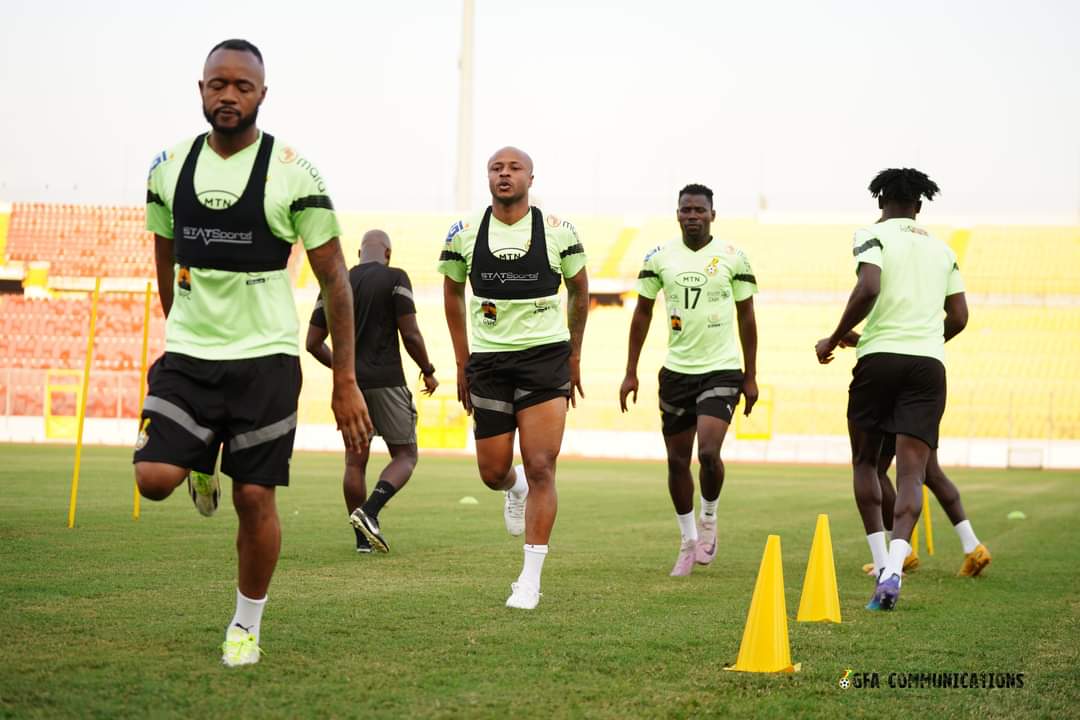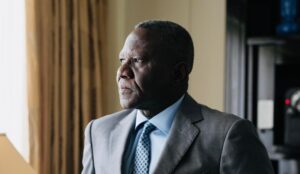
Under the scorching midday sun in the heart of Accra, Ghana, Kofi Mensah jogged along the sandy stretch of the local football field. At 24, he was determined to make it as a professional footballer, but he knew raw talent wasn’t enough.
What separated the average player from the pros was fitness—a combination of stamina, strength, agility, and mental resilience. Kofi had dreams of playing in European leagues one day, but he had to start by mastering the fundamentals.
His coach, Nana Asare, was a retired footballer who had played in Nigeria, Côte d’Ivoire, and South Africa. Nana was well-versed in professional training regimes and understood that to reach the elite level, Kofi needed a structured fitness program that mirrored the best in the world.
The Importance of Stamina
“Stamina, Kofi, is your foundation,” Nana called out, watching his pupil complete his second lap. “If you want to compete at the highest level, you have to be able to last a full 90 minutes without fading.”
In modern football, stamina is essential. Players like Kofi cover an average of 10-12 kilometers in a single match, which requires exceptional cardiovascular endurance. Nana’s training program focused heavily on building this endurance, using interval running and aerobic exercises.
In the mornings, Kofi would start his day with long-distance runs along the coast, taking in the fresh ocean air as he pushed his body to maintain a steady pace. The next session involved high-intensity interval training (HIIT), where Kofi would sprint for 30 seconds, followed by a minute of walking recovery, repeated over several rounds. This was designed to mimic the bursts of speed needed during a game, as well as the moments of recovery between plays.
Training for stamina wasn’t just about running, though. Nana introduced Kofi to swimming at a nearby beach in Cape Coast. Swimming built endurance without placing stress on the joints, a critical aspect for injury prevention. Nana always emphasized, “Your lungs are just as important as your legs.”
Strength and Conditioning
Beyond stamina, Kofi needed strength. Football players, especially professionals, require a strong core, legs, and upper body to fend off opponents, maintain balance, and deliver powerful shots.
One afternoon, Nana took Kofi to a gym in Lagos, Nigeria, where he trained alongside local professional players. Here, Kofi’s workout routine included squats, lunges, deadlifts, and planks to target his core. Nana explained how core strength was vital for controlling the ball, shielding it from defenders, and maintaining stability during sprints or tackles.
Upper body strength wasn’t neglected either. Push-ups, pull-ups, and bench presses became staples in Kofi’s routine, enabling him to hold off defenders during physical duels. Nana also included medicine ball exercises, where Kofi worked on explosive power—another essential element for heading the ball and shooting.
The training wasn’t just about lifting weights. Functional exercises like kettlebell swings, tire flips, and resistance band drills were incorporated to simulate the dynamic movements of a football match. “You must be strong, but you also need to be quick,” Nana reminded him. Flexibility and mobility exercises, such as yoga and dynamic stretches, also formed part of the program, helping Kofi prevent injuries and improve his range of motion.
Agility and Speed
Speed is what makes a player stand out on the pitch. Nana believed that speed was as much about agility and quick decision-making as it was about running fast. To train this, Kofi was taken to a football academy in Dakar, Senegal, where the emphasis was on speed drills and agility training.
Each morning, Kofi ran through ladder drills, weaving in and out of cones to improve his footwork. Agility ladders were laid out across the ground, requiring Kofi to sprint, sidestep, and change direction swiftly without losing his balance. The importance of agility was that it allowed Kofi to dodge tackles, dribble past opponents, and position himself effectively in tight spaces.
Sprinting was next. Nana set up a series of sprints that mirrored match situations—sprinting over 10-15 meters to chase a loose ball or break into space. With every session, Kofi’s quick bursts became more explosive, and his acceleration improved significantly.
One afternoon in Nairobi, Kenya, Kofi trained with a local speed coach who worked with track athletes. The focus of this training was on explosive starts and maintaining top-end speed over short distances. Kofi quickly learned that being fast wasn’t just about leg power—it involved efficient technique, body posture, and mental focus.
Mental Resilience and Recovery
Physical fitness is only one side of being a professional footballer. Mental resilience and recovery are just as crucial to maintaining a long and successful career. Nana knew that burnout and stress could derail even the most talented players, so he introduced Kofi to mental conditioning.
In Cape Town, South Africa, Kofi met with a sports psychologist who specialized in mental toughness. The psychologist taught him visualization techniques, where Kofi would picture himself scoring goals, making tackles, and playing under pressure. This mental practice helped Kofi build confidence and focus.
Meditation and mindfulness exercises were also incorporated into his daily routine. “Clear your mind, focus on your breathing,” Nana instructed, as they sat by the waves of the Atlantic Ocean. “Football is as much about your mind as it is about your feet. You need to be calm under pressure.”
Equally important was recovery. Professional footballers often play multiple matches a week, so Kofi needed to learn how to recover properly. This meant understanding the role of sleep, nutrition, and active recovery.
Kofi’s diet was tailored for an athlete’s needs. Nana worked with a local nutritionist in Abidjan, Côte d’Ivoire, to develop meal plans high in protein, healthy fats, and complex carbohydrates. Kofi’s meals were rich in fresh fish, yams, fruits, and vegetables—foods that fueled his body for intense training sessions. Hydration was another focus, and Kofi drank plenty of water to stay hydrated in the hot African climate.
Recovery sessions included light stretching, massages, and foam rolling to release muscle tension. Kofi learned that rest days were just as vital as training days. In Lusaka, Zambia, Kofi spent one afternoon at a wellness center that specialized in cold therapy. After a grueling week of training, he immersed himself in ice baths, which helped reduce inflammation and muscle soreness.
Building a Pro Mindset
As Kofi’s fitness improved, so did his understanding of what it meant to train like a professional. It wasn’t just about the physical drills—fitness was a holistic approach involving the mind, body, and lifestyle. He had to think like a professional off the pitch too. Late nights and junk food were replaced with early mornings and balanced meals. Parties and distractions gave way to focused rest and personal development.
Back in Accra, Kofi reflected on his journey with a sense of pride. Training alongside other African athletes in places like Lagos, Dakar, and Cape Town had opened his eyes to the level of dedication required to make it as a pro.
The road to becoming a professional footballer wasn’t easy, but with the right fitness foundation, Kofi was well on his way. His stamina, strength, speed, and mental resilience had all transformed. Nana’s words echoed in his mind as he prepared for his next big match: “Train like a pro, play like a champion.”
Have a press release, feature, article for publication? Send it to us via Whatsapp on +233543452542








